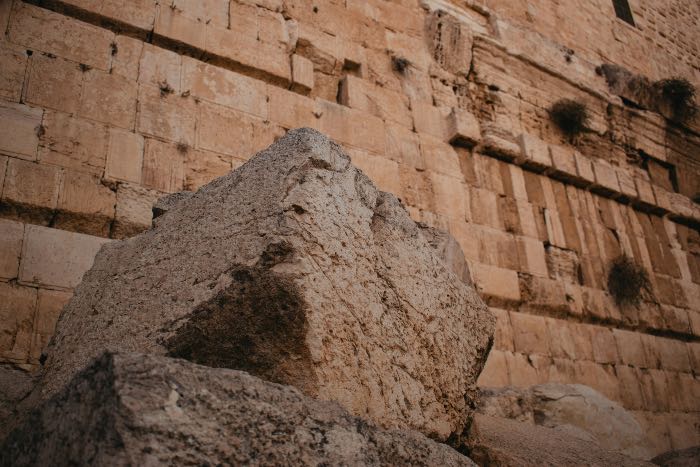
For Sunday
Lent 3B
Collect
Almighty God, you know that we have no power in ourselves to help ourselves: Keep us both outwardly in our bodies and inwardly in our souls, that we may be defended from all adversities which may happen to the body, and from all evil thoughts which may assault and hurt the soul; through Jesus Christ our Lord, who lives and reigns with you and the Holy Spirit, one God, for ever and ever.
Amen.
Reading
Reflection
Few of us feel the same outrage about money and holiness that Jesus shows in this passage. We don’t take out whips when the collection plate gets passed around or when we encourage one another to give to fundraisers.
Are these things different? Somewhat. Perhaps not as much as we’d like. But then again, what is it that we actually want? Prohibitions on commerce in the Temple? And just in the Temple, or in general?
It doesn’t seem that Jesus is focused on prohibitions—though there already were—as much as the corrupting influence that money itself brings.
Temple practice was developed to make it easier for individuals and families to make sacrifices—even providing for the poorest Hebrews to participate. It was what we might call “ethical commerce.” In other words, this process provided access to nearly all and matched God’s commands. So what gives?
Jesus condemns the very idea. Not of the Temple authorities facilitating sacrifice, but of basing the entire endeavor on commerce. Selling things isn’t neutral. Systems of commerce aren’t neutral. Not to Jesus. And no matter how much we rationalize them.
Jesus didn’t come to the Temple to offer a more equitable system of sacrifice and devotion. He didn’t champion greater access to the system or reduce systemic bias. Nor did he quietly petition his leaders to reconsider voting against their own interests. He said “Stop making my Father’s house a marketplace!”
Dare we offer such a response? To refuse to see faith as transactional, communities of faith as markets, and one another as good consumers! To recognize Jesus as the Temple and our faith, not as currency, but as our very way of life.
